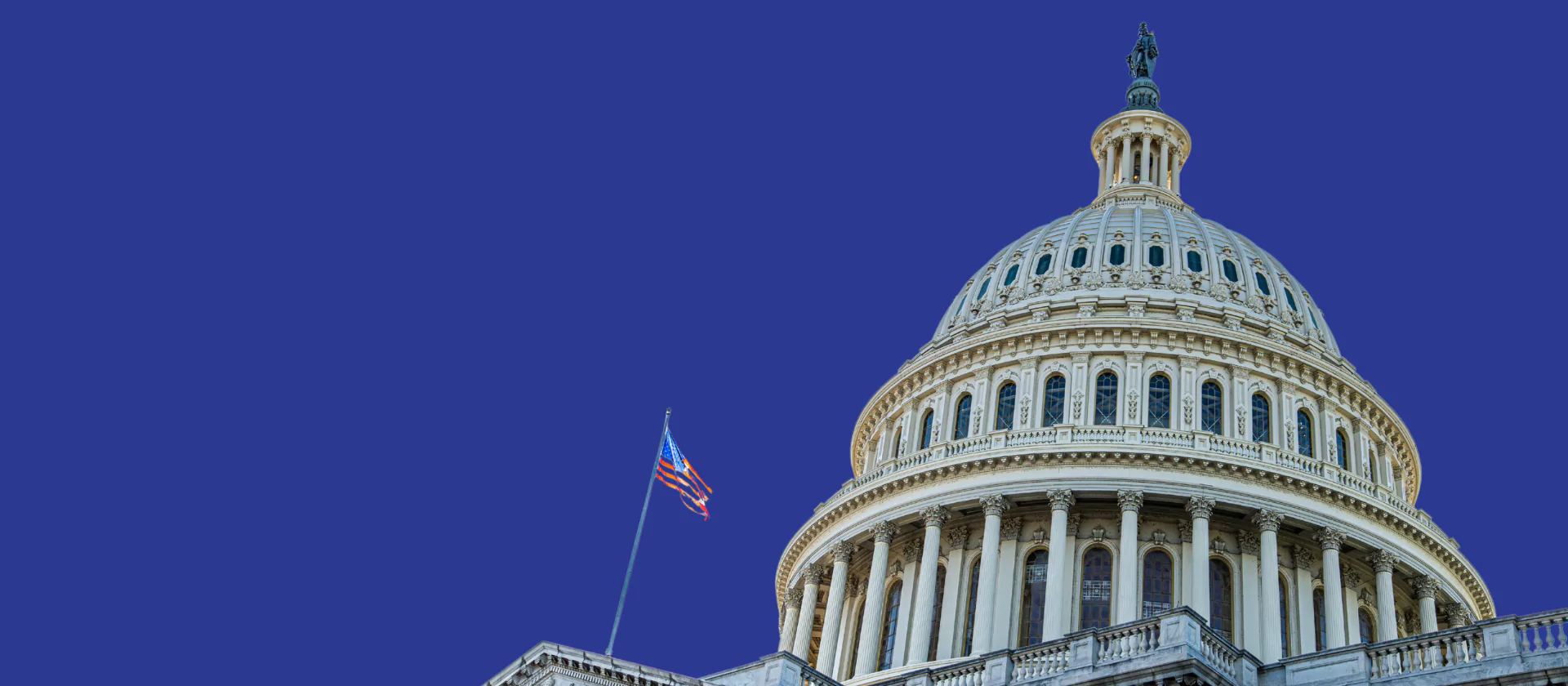Oregonians have good reasons to be mad at Enron. Friends and neighbors who work for Enron subsidiary Portland General Electric saw their retirement savings vanish. Moreover, PGE customers paid electric bills that covered the utility’s payments to Enron for federal taxes, only to find out that Enron pocketed the money.
The recent reports that Enron failed to pay federal income taxes, and actually received payments from the IRS, should not have surprised anyone. An October 2000 report by the Institute on Taxation and Economic Policy showed that Enron was among the 24 companies of the country’s 250 largest corporations who got money back from the IRS in 1998.The IRS sent Enron a check using the taxes paid by all other taxpayers, such as you!
Disclosure of these abuses can help close the loopholes. About 15 years ago, Citizens for Tax Justice reported that, from 1981 through 1985, Georgia-Pacific, U.S. Bancorp, Weyerhaeuser, and Boeing were among 41 corporations nationwide that paid no federal taxes or had negative income taxes. Federal tax reform in 1986, designed in large part by former U.S. Senator Bob Packwood, helped close many loopholes. By 1988, all but two of the 41 freeloaders from 1981 to 1985 had to pay at least some federal income taxes. Enron teaches us that the “loophole lobby” has been busy ever since.
Regrettably, we do not know which corporations doing business in Oregon pay Oregon corporate income taxes and how much. We do know that in 1998 about half of Oregon’s corporate tax collections came from only 84 out of 37,000 corporations doing business in Oregon. But because corporations doing business in Oregon do not have to report publicly how much they paid in state income taxes, we have no way of knowing who pays and who escapes through loopholes or Enron-style accounting. Oregon’s corporate taxes are tied at the hip to the federal tax code. Thus, the Enron news should cause concern among Oregonians.
Does this relate to Oregon’s current revenue shortfall? When businesses escape paying state income taxes, households must pick up a bigger portion of the tab for government services, even those that create a good business climate such as primary and secondary education. Oregonians need to know who are good corporate citizens – those who pay a fair share in taxes – and which corporations are escaping their responsibility for funding necessary government services.
Oregonians need a “Small Taxpayer Protection and Good Corporate Citizen Disclosure Act” that would require disclosure of the tax liability of Oregon’s publicly traded, regulated, and large businesses. Oregon needs to take on Enron and the loophole lobby to protect the small taxpayer who gets soaked while the loophole lobby succeeds in avoiding taxes.
Oregon is experiencing a revenue shortfall, exacerbated by increased demands on state services due to the recession. Moreover, the 2001 Legislature passed a law changing the way multi-state corporations are taxed, giving tax cuts to a handful of large corporations. Politicians claim this is not the time to increase taxes on their friends in the business community. Yet we do not know which of their friends actually pay taxes. For all we know, businesses’ claims of economic hardship and high tax burdens are as believable as Linda Lay’s claim that even she and her husband, Enron executive Kenneth Lay, are now impoverished.
We know about Enron’s tax mischief because the federal government requires publicly traded corporations to disclose their federal taxes. Oregonians should have access to the same information about tax payments-or the lack thereof-to Oregon. Then Oregonians can hold corporations like Enron accountable for their actions.
###
More about: business climate, corporate income tax, corporate tax disclosure





